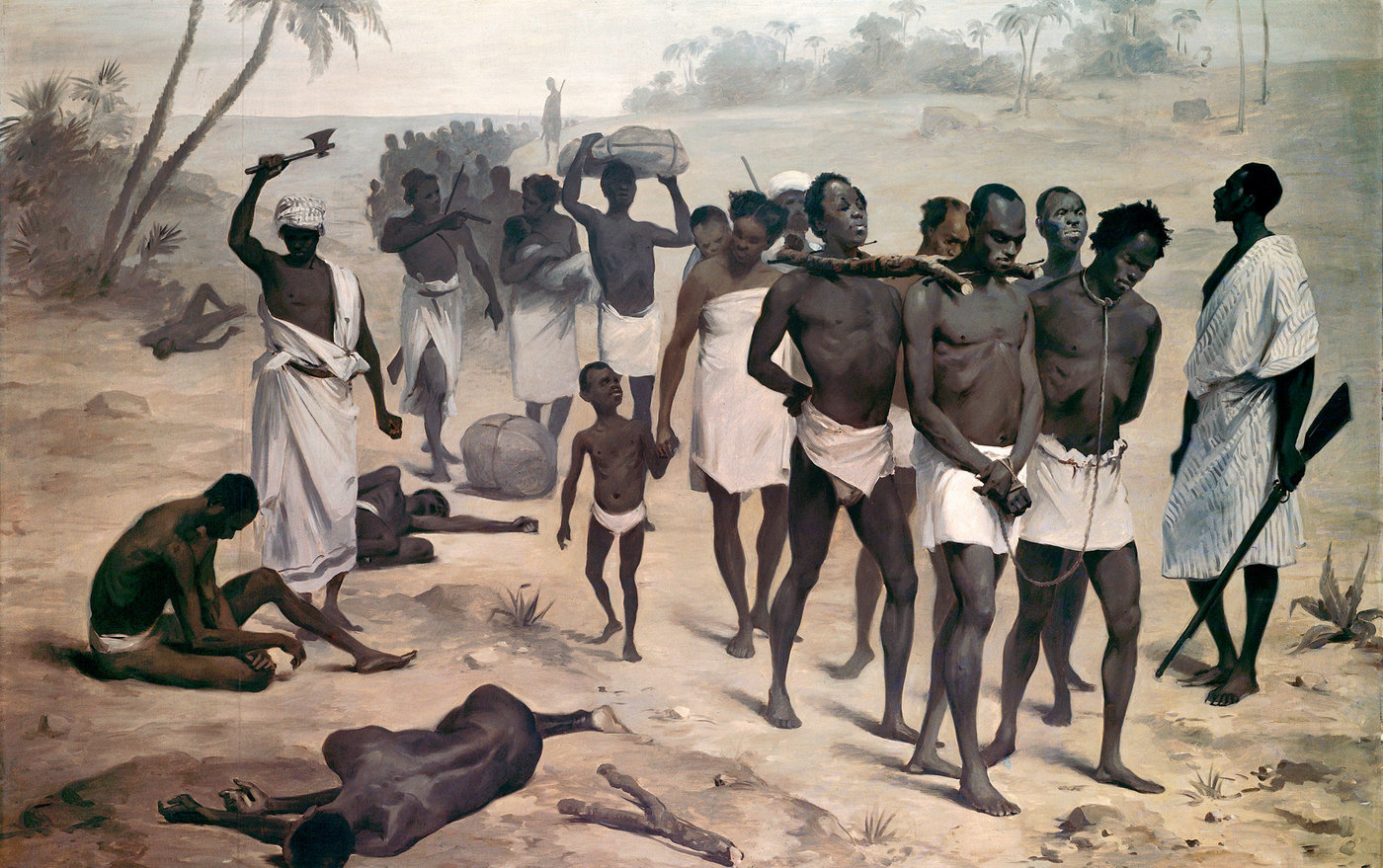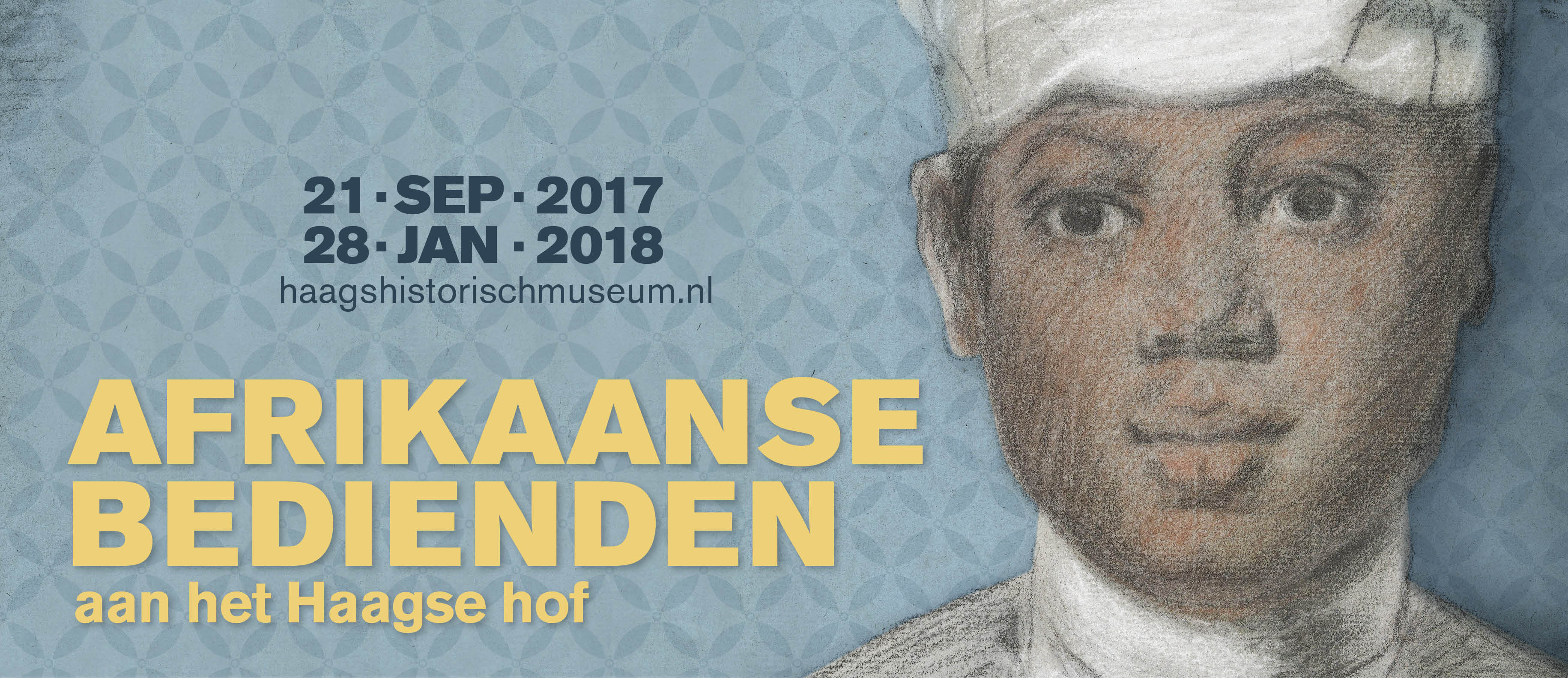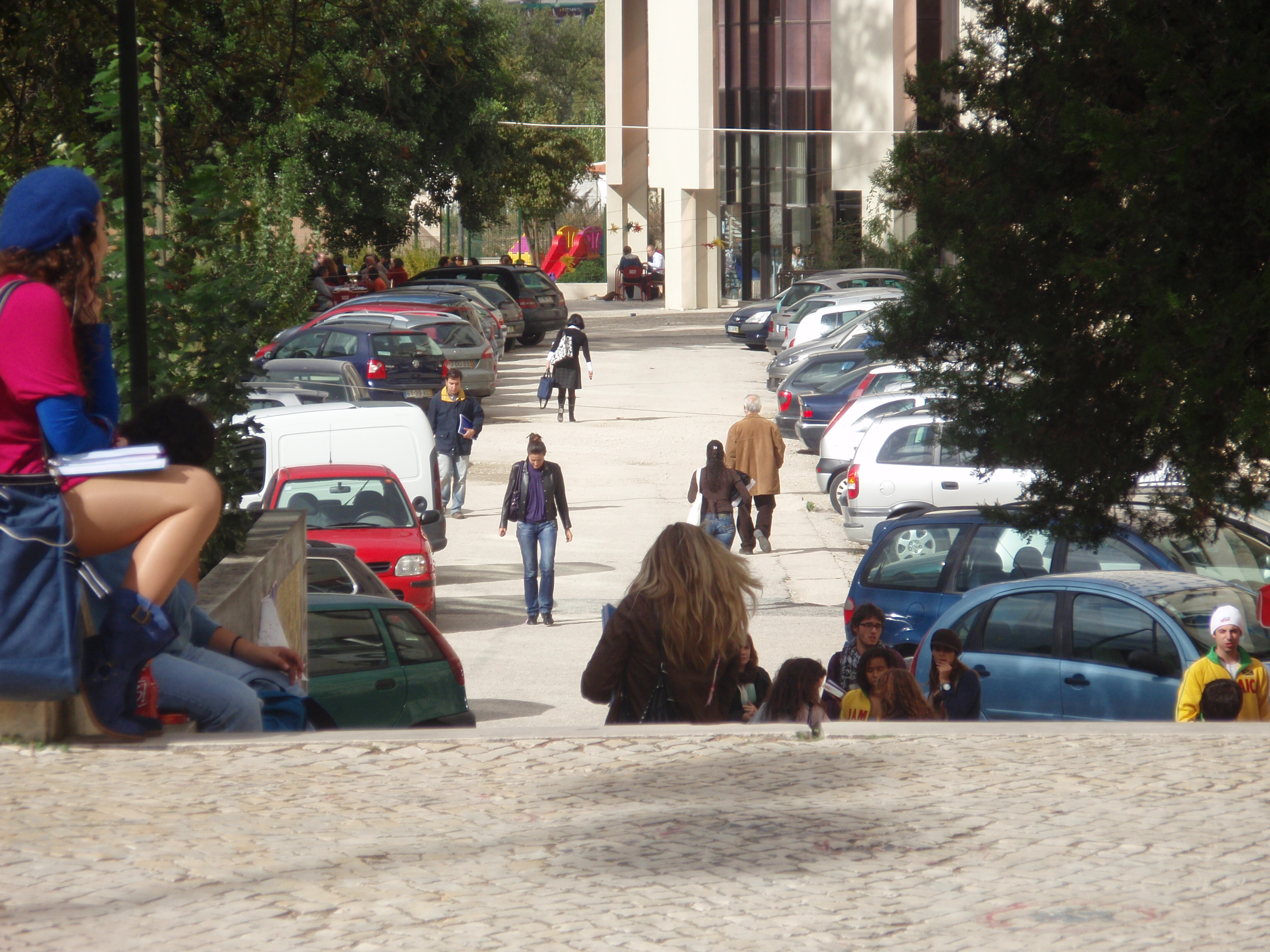To all Dutch universities: our colonial history is not a past!
by Tim Vroegindeweij
Hans Broek in his account in the Volkskrant on the 12th of January 2018 wrote about the dehumanising practises of the Dutch during their colonial rule over the Gold Coast, present day Ghana. In his article, he argues that the measurements the Dutch imposed on their colonised peoples were of such an objectionable nature, white Dutch citizens today cannot but foster a certain sense of guilt and shame towards their colonial past. His account is a reaction to an article by Hubert Peters, who argued that the Dutch have nothing to be ashamed of when it comes to their collective colonial history. The latter is a clear example of how lacking knowledge of a historic period and in particular its implications for our society at present, continues to divide social groups. This brief paper discusses the importance of this lacking knowledge and attempts to advocate the introduction of more academic courses on the subject at Dutch universities.

Slavenkonvooi in Afrika, ca 1859. Anonieme schilderij uit de 19e eeuw, Quai Branly Museum, Parijs
Essential knowledge
The manner in which the Dutch should treat their colonial past formed a central theme within the course Side-wings of Slavery & Colonialism, taught at the University of Amsterdam, which covered the subject from the perspectives of a great deal of academic disciplines. The course is a clear example of essential academic knowledge that is currently greatly lacking within the courses provided by Dutch universities. Its content should set the example for the establishment of a range of comparable and comprehensive courses focused on distinct academic disciplines. After all, (academic) knowledge of the Dutch colonial past is indispensable, based on the consequences this history has had for our present society. Over the past few years, this has been clearly illustrated by public debates within Dutch society on institutionalised racism and the maintenance of racist traditions and practices that bear colonial roots. This has also been stressed by Mitchell Esajas in his lecture on the traces of slavery in modern Dutch society.
The remnants of the abovementioned past are still to be directly or indirectly distinguished within and sometimes utterly decisive for the current social structures in European society. Cultural, financial, social and educational divisions along the lines of ethnicity and gender can for a significant part be attributed to the colonial structures that were developed during European imperial rule. The present Dutch society does not differ from this rule at all, showing similar social structures based on over four hundred years of Dutch colonialism, as Gloria Wekker argues. Even at Dutch universities still, these structures are often painfully reflected in the ethnic diversity of their students. Although clearly distinguishable, the colonial roots that these and other discrepancies between social groups in Dutch society result from, have long been and still are frequently denied.
In my opinion, precisely these consequences of a colonial past that manifest themselves at present, should form the basis of a collectively shared guilt and shame among white Dutch citizens. In fact, the structures developed during the time of colonial rule provide white individuals with their white privileges and are the reason why a significant part of the descendants of the enslaved are still continuously confronted with the reality of being second-class citizens. For these divisions are still so relevant, one cannot but feel a certain sense of shame or guilt towards the colonial roots that generated them.
These structures are also visible in the way minorities in the Netherlands are being treated by the groups and institutions that have traditionally and historically dominated society. Those who have been most unfortunate within the colonial narrative, are often silenced and their voices and ideas unheard. This has become clear with the increased debates on institutionalised racism originating from colonial social structures. A clear example has been the debate on the traditional ‘celebration’ of St. Nicholas in the Netherlands. Opponents of this tradition, who argue that the blackface practices that are connected to it are highly racist and based on the time of slavery within the Dutch Kingdom, are frequently silenced and even aggressively threatened.

Traces of slavery in museums
The silencing of those who stand up against the colonial remnants in our present society is also relevant to curatorial practices within cultural institutions. Here, too, the way in which objects and artworks were curated has for long been determined by colonial relations. Decolonising our society should therefore also include making room for the voices of those who are culturally, socially or historically connected to artworks and objects on display in museums. This has been stressed in the lecture by Wayne Modest.
Studies such as those on the dance culture among enslaved by Aminata Cairo, may contribute to this process. These studies emphasise the social and cultural properties of those oppressed by colonial regimes, instead of representing them as sheer numbers or objects, as has been the norm within the curatorial field.
Fortunately, in response to the increasing public debate around the matter, a growing number of museums in the Netherlands has lately been developing initiatives with the aim to decolonise their own collections. The Rijksmuseum (Amsterdam), for example, has started to undo its collection from racist titles and descriptions. Moreover, the museum will open a grand exhibition on slavery in the former Dutch colonies in 2020. The Tropenmuseum (Amsterdam) in its turn recently opened an exhibition on the legacy of the colonial past and the Stedelijk Museum (Amsterdam) attempts to give migrant artists a voice in their narrative.
Naturally, the question is whether or not these initiatives will eventually prove to be constructive and fundamental steps towards a decolonisation of our cultural institutions. This is especially questionable if these museums retain their habit to exhibit works related to colonial history separately from the objects associated with the glory and grandness of that same time. If the Rijksmuseum (Amsterdam), for example, chooses to keep the objects related to slavery displayed apart from the artworks produced in the Dutch Golden Age, even after their exhibition on slavery in the Dutch colonies, this very exhibition would make no difference to the present narrative of the museum.

Universiteitscampus Lissabon. Foto © Michiel van Kempen
Duty for Dutch universities
To my knowledge, the course Side-wings of Slavery & Colonialism has been instrumental to students from a wide range of academic backgrounds. Although one may expect the students enrolled in this course to already have a certain knowledge of Dutch colonial history, it nevertheless succeeded in handing out whole new perspectives and shedding light on often forgotten sides of this history. For me as an art historian, too, the content of the course handed me a great deal of new ways of approaching the theme within the boundaries of art history and curatorial practices.
Once again emphasising the need for (academic) knowledge of Dutch colonial history and its legacy in present-day society, I would like to conclude with a recommending note to all Dutch universities. Please, introduce comparable courses for all academic disciplines, in order to provide students with currently lacking essential knowledge and grow more understanding for the societal structures that are part of the legacy of our colonial past. In this way, we as a society may indeed one day feel a little less ashamed and guilty about a history so cruel and humiliating, as Hans Broek has argued. Our colonial history is not a mere past, it is an ever visible presence.
References
Books
Wekker, Gloria. White Innocence. Durham, North Carolina: Duke University Press, 2016.
Newspaper articles
Broek, Hans. “Wie zich niet schaamt voor Nederlands verleden kent de slavenkastelen in Ghana niet.” De Volkskrant, 12 January 2018. https://s.vk.nl/s-a4556444/?_sp=469d1647-4d46-40e3-9a30-11517e7679c0.1516045586181.
Peters, Hubert. “Ik draag geen schuld en schaam mij niet voor de vaderlandse geschiedenis.” De Volkskrant, 9 January 2018. https://s.vk.nl/s-a4555785/?_sp=469d1647-4d46-40e3-9a30-11517e7679c0.1516045677387.
[Dit is deel 1 in de reeks papers Side Wings of Slavery & Colonialism; zie ook deel 2, 3 , 4, 5, 6, 7 en 8.]
